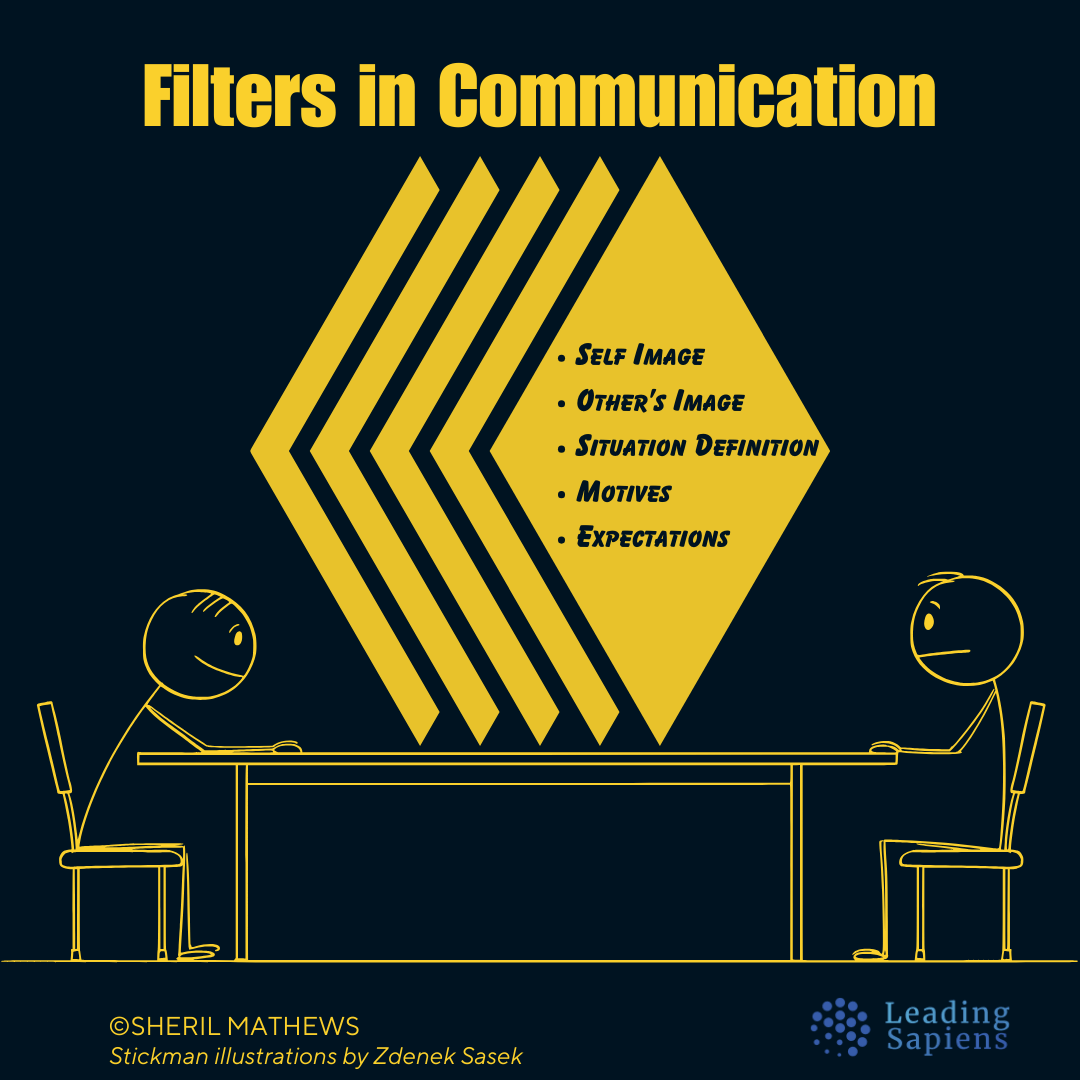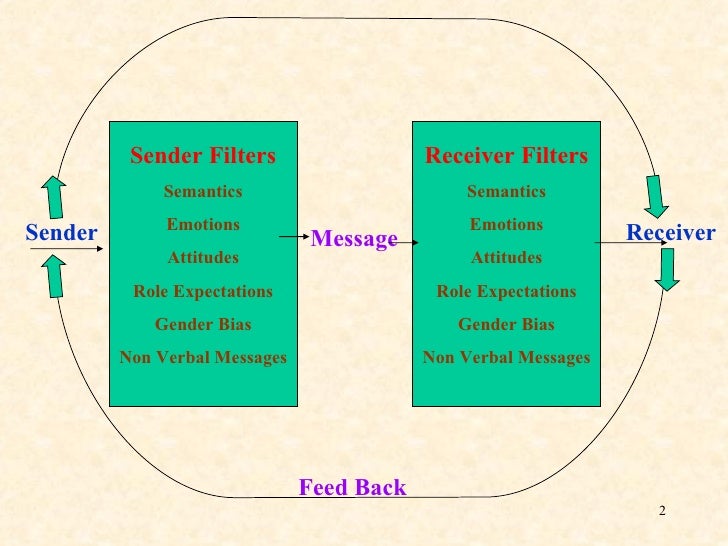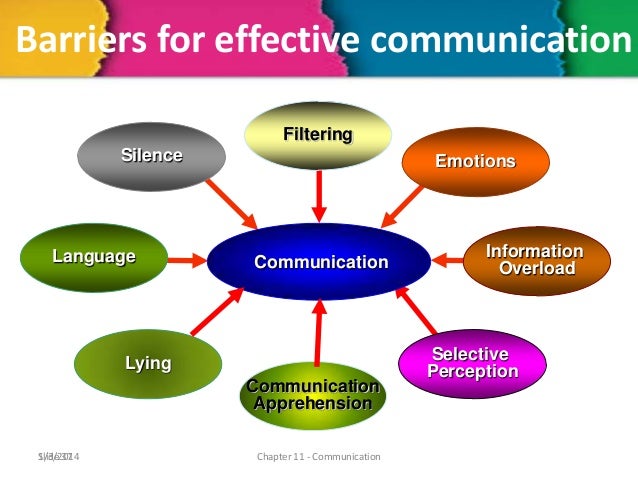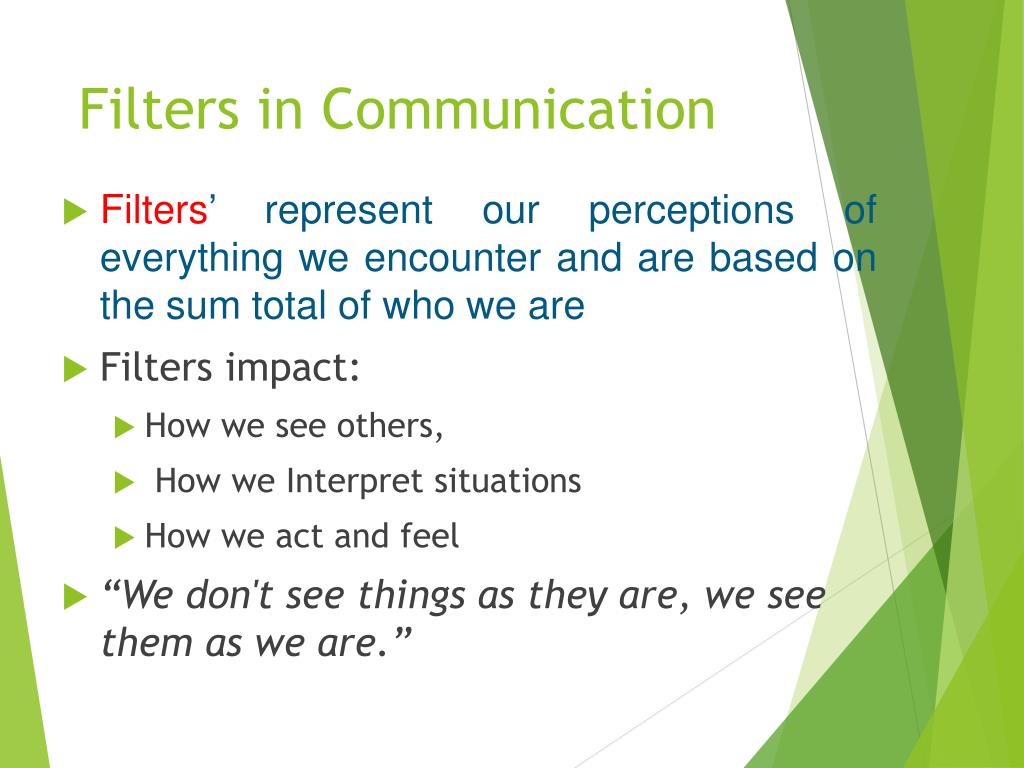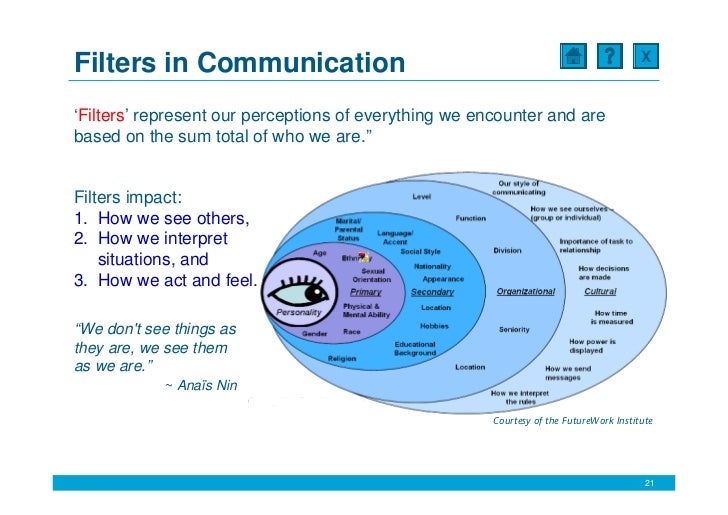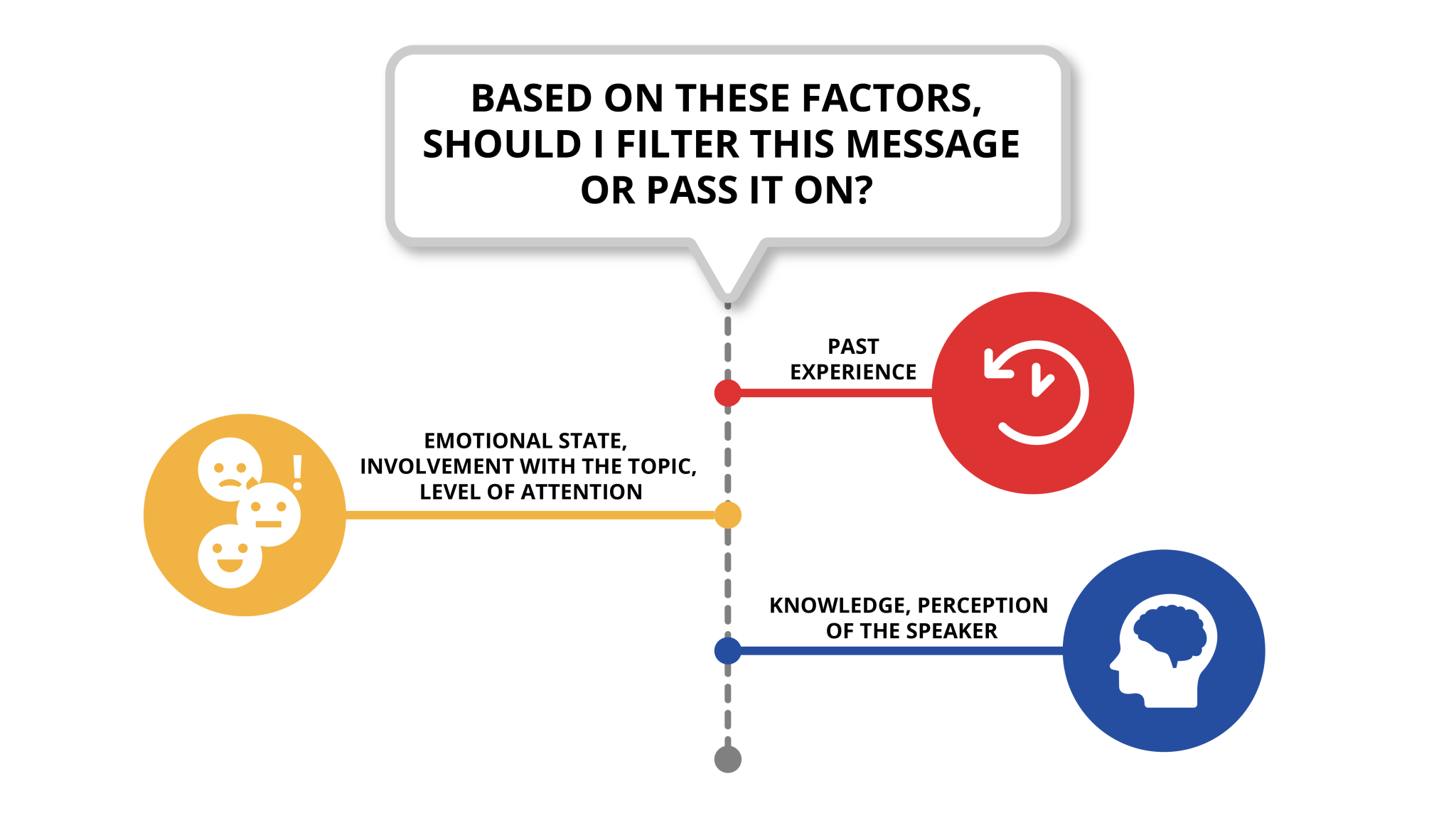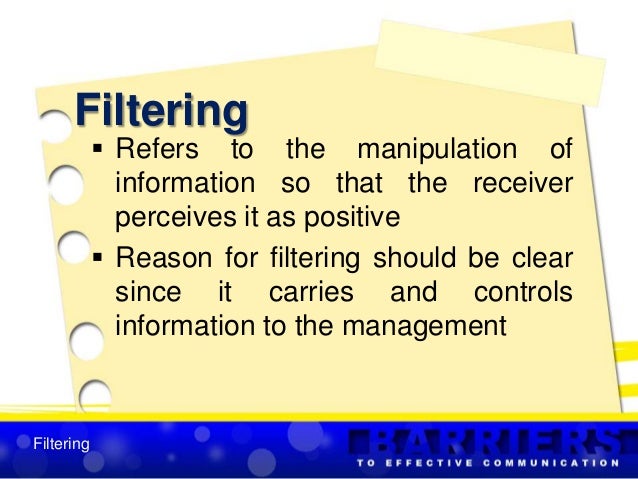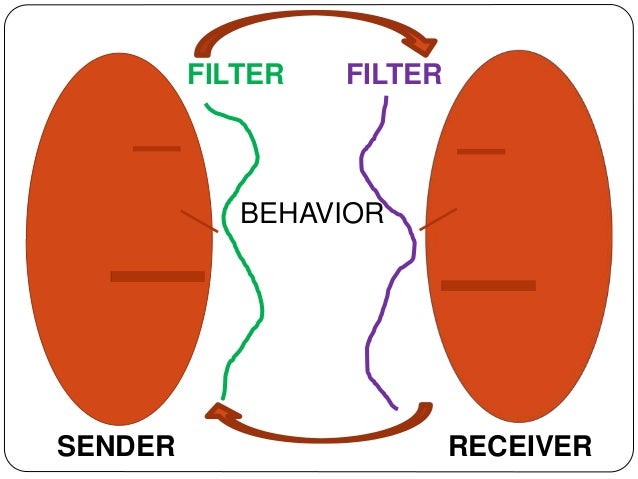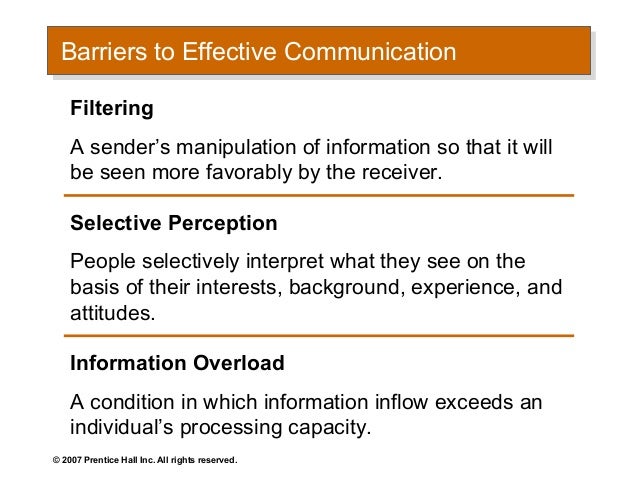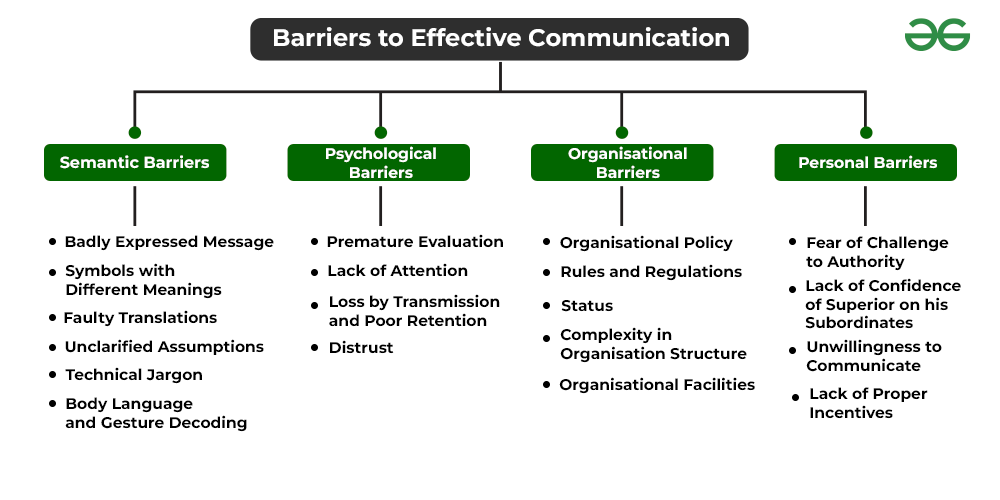Filtering In Business Communication
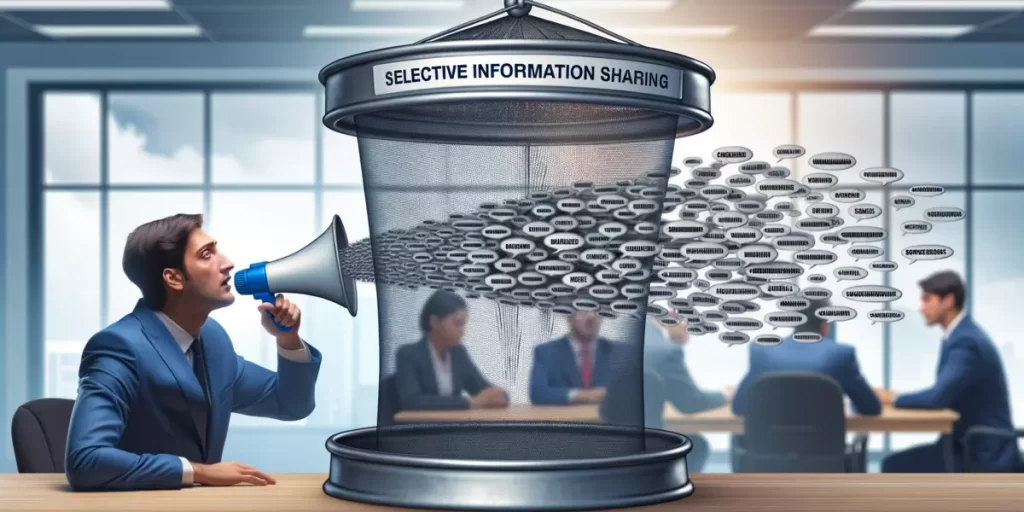
Imagine a bustling office, emails flying back and forth, instant messages popping up, and meetings scheduled back-to-back. But beneath the surface of this connected environment lies a silent filter, subtly shaping the information that flows, often with profound consequences for teamwork, innovation, and ultimately, the bottom line. This filter, known as filtering in business communication, isn't a piece of software; it's a human tendency, a lens through which we selectively process and share information.
At its core, filtering in business communication refers to the manipulation of information sent by a sender to a receiver. This can manifest in various ways, from withholding unfavorable details to embellishing positive outcomes, or even subtly twisting narratives to align with personal agendas or organizational pressures. Understanding the nuances of filtering is crucial for fostering transparency, building trust, and ensuring effective decision-making within any organization.
The Roots and Ramifications of Filtering
The tendency to filter information is deeply rooted in human psychology. We all do it to some extent, often unconsciously. According to research from the Harvard Business Review, individuals filter information to protect themselves, maintain relationships, or avoid conflict.
Organizations with a culture of fear or excessive hierarchy often exacerbate filtering. When employees fear repercussions for sharing bad news or dissenting opinions, they are more likely to sugarcoat information or remain silent altogether. This can lead to a distorted picture of reality, hindering problem-solving and stifling innovation.
Consider a scenario where a project is running behind schedule. If team members are afraid to admit the delays to their manager, the problem may go unaddressed until it becomes a crisis. This lack of transparency can damage client relationships and undermine the organization's reputation. Filtering can create a dangerous illusion of progress while masking underlying issues.
The Impact on Decision-Making
Filtering has a direct and detrimental impact on decision-making processes. When leaders receive incomplete or biased information, they are more likely to make poor choices. These choices can negatively affect resource allocation, strategic planning, and overall organizational performance.
For example, if sales figures are inflated to meet targets, executives may be misled into investing in unproductive marketing campaigns. This misallocation of resources can drain the company's finances and hinder its ability to compete effectively. Credible data from reputable market analysis firms emphasizes that data-driven decision-making is critical, which underscores the dangers of filtering misleading information.
Building a Culture of Transparency
Fortunately, organizations can take steps to mitigate the negative effects of filtering. The first step is to cultivate a culture of transparency and psychological safety. This means creating an environment where employees feel comfortable sharing their opinions, concerns, and even bad news without fear of retribution.
Leaders can model this behavior by being open and honest in their own communication. They can also encourage feedback and actively solicit diverse perspectives. Implementing anonymous feedback mechanisms can empower employees to voice concerns without risking their jobs.
Another key strategy is to promote open communication channels. This includes encouraging face-to-face conversations, using collaborative communication tools, and establishing clear reporting structures. Regular team meetings and one-on-one check-ins can also help to surface potential problems and foster a sense of accountability.
Moving Forward: Embracing Honest Communication
Ultimately, addressing filtering in business communication requires a conscious and sustained effort from everyone in the organization. It's about recognizing the human tendency to filter, understanding its potential consequences, and actively working to create a more transparent and open environment. By prioritizing honesty, trust, and psychological safety, organizations can unlock the full potential of their workforce and achieve sustainable success.
In a world increasingly driven by information, the ability to communicate clearly and honestly is more valuable than ever. By dismantling the filters that distort reality, we can build stronger teams, make better decisions, and create organizations that are not only successful but also genuinely ethical and responsible. Embracing authentic communication is not just good business; it's the foundation of a thriving and sustainable future.
